10 Things You Should Know About Herbal Medicine
If you’re enthusiastic about herbal medicine, this is a great post for you. Don’t forget to leave a comment and let me know if you learned anything and what your favourite things about herbal medicine are.
DISCLAIMER
This is an opinion based article, aimed to supply those new to Herbalism an insight into the world of Herbal Medicine. The points in this article may not apply to ALL Herbalists and not all Herbalists will agree. Much of the information in this article is based on my own personal thoughts after studying herbalism and a degree in Modern Health Science.
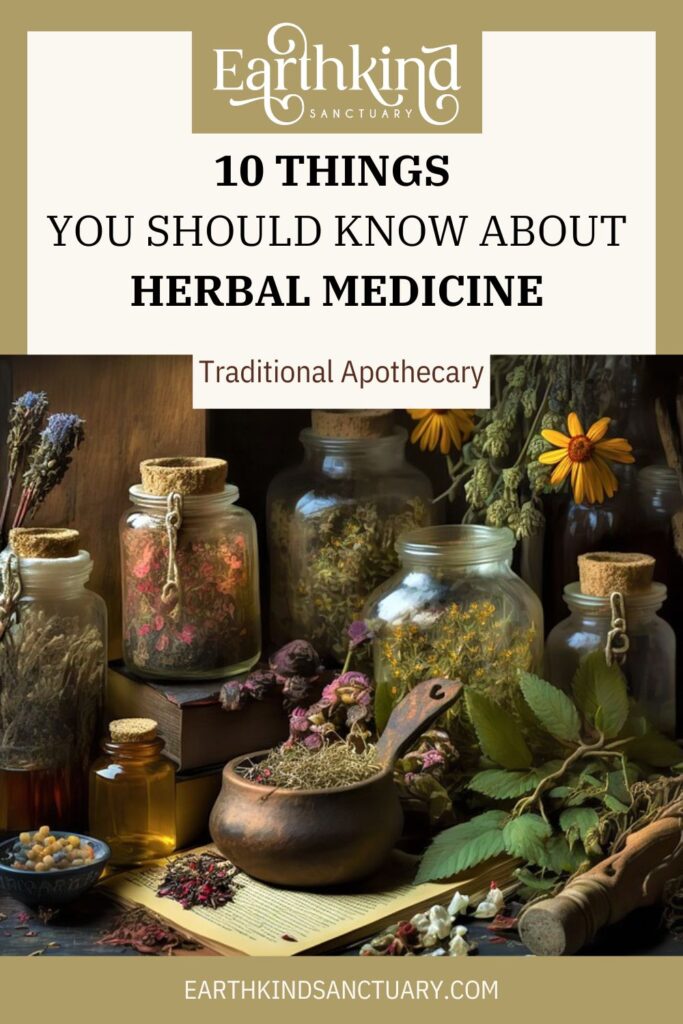
10 Things You Should Know About Herbal Medicine
1. Herbal Medicine is A Primary Care Medicine
The World Health Organization has declared that as of 2019, 60% of the global population relies on herbal medicine. This includes continents such as Russia, China and South America. In lower income developing countries such as those in Asia and Africa up to 80% of the country’s population relies on it as their primary care medicine. There are places in the world, where you can go into hospital today and be treated with herbal remedies whilst an increasing number of people in the western world, who have the luxury of being able to access both are opting for herbal medicine over any other sort of medical treatment.
2. Herbalists Use Modern Medical Tools and Diagnostics
Professionally practising Herbalist’s conduct physical examinations and assessments similarly to those your orthodox Doctor would conduct. In fact one of the things that both Herbalists and Modern Medical Doctors might do is observe the eyes. For this they may use an opthalmoscope or iriscope. Other modern medical tools an Herbalist might use is a stethoscope or blood pressure monitor, however using any of these tools may require further training to make sure they are being used correctly and results accurate.
It is important to note that although they may use some of the same tools and diagnostic methods, an Herbalist IS NOT a Medical Doctor and with such is unable to diagnose, treat or prescribe. Anyone doing using any of these terms is a huge red flag and best avoided as they would be breaking the law. An Herbalist works with recommendations only and completes assessments and referrals in order to reduce negative impact and causing harm. They are unable to conclude any definite diseases, symptoms or rule out any major illnesses and information provided by a Herbalist should be taken as guidance rather than advice. If you have any serious health concerns you should see a Medical Doctor or a Medically Trained Herbalist.
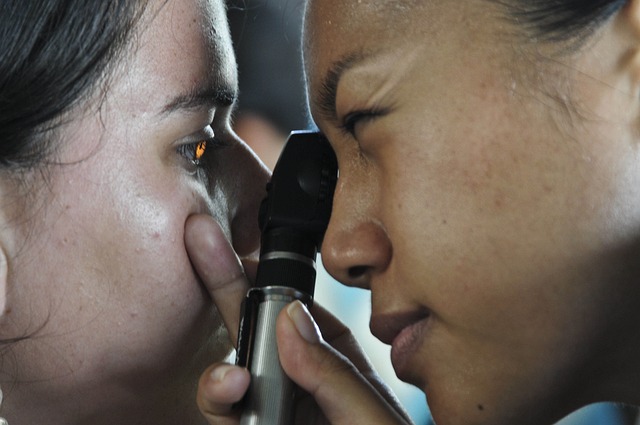
3. MOdern Medicines are based on compounds found in Nature
This is not true for the majority of medication these days, but it does still exist. Penicillin for example is an antibiotic made from the penicillium fungi and Galantamine is a natural alkaloid based medicine (obtained from the Snowdrop Plant Galanthus nivalis) used in Alzheimers.
4. Modern science has been an asset to herbal medicine
Some of the traditional herbal remedies from history have since been classified as harmful or ineffective with modern science. Whilst some have been proven by modern science to be more effective than old world physicians could ever have imagined.
5. You can’t just tincture everything
Each plant has its own needs with regard to herbal medicine. Making every plant into a tincture is not productive or effective. Different parts of plants (seeds, bark, stem, flowers, leaves) contain different compounds and amounts of compounds. Some parts of a plant may be incredibly toxic whilst other parts of the same plant might not be. Some compounds need to be extracted through heating or alcohol, whereas some compounds may be destroyed when applying either of the two. So it is important to study individual plants prior to learning about different medical vehicles (ie how to make tinctures, infusions, ointments etc) to avoid wasting resources and causing harm.
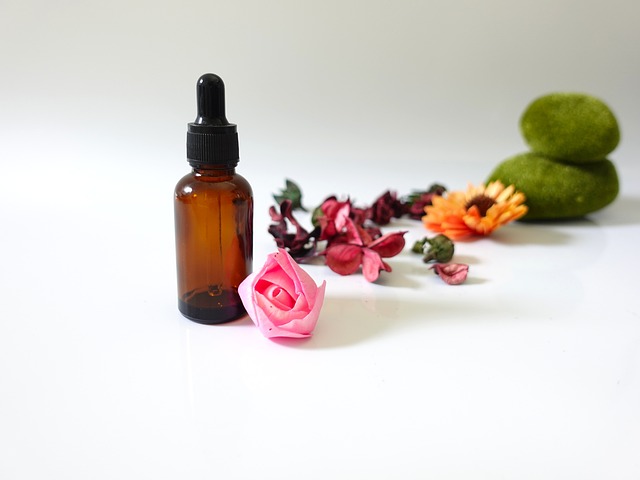
6. Don’t bring fresh herbs and herbal preparations To hospital
In the UK Plants have been banned on hospital wards and in patient rooms since 1996, based on the fact that they are able to absorb bacteria and pathogens from the atmosphere. Although most plants are able to clean the air, they cannot remove all of the bacteria and pathogens that build up in the soil or vase water. Pollen allergy risk are also a very important reason as to why plants are not allowed.
7. Herbal Medicine Can be deadly
Herbs are probably most dangerous in the hands of the beginner, this is because the individual has learned some of the benefits of herbal medicine, they can make a few herbal remedies, they have a passion and drive. However, what they lack is the years of knowledge it takes to study enough plants in enough detail. Those that try too fast to learn about as many plants as they can, rather than take the time to fully understand fewer plants; are at risk of causing harm because they focus on the benefits rather than the negative impacts of different plant compounds and their interaction with different conditions, medications, other plants and foods.
Herbs are powerful, they can stop periods , induce abortions and kill a human in just a few drops of concentrated oil. Herbs have different safety levels and there are many herbs that even highly experienced herbalist will avoid such as Aconitum Spp. and Atropa Belladonna.
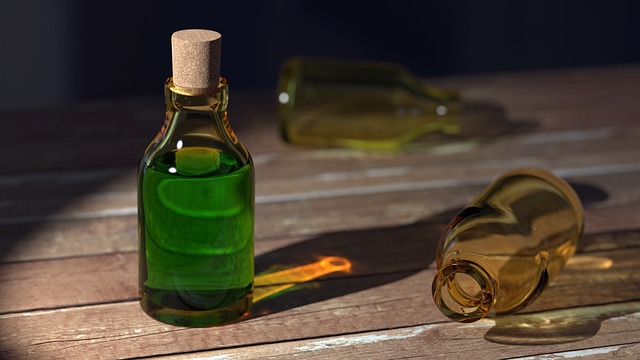
8. herbs have side effects, you’re just not told about them
The reason for this is that the herbal medicine industry is not as regulated as modern medicine. There are no requirements to state side effects on a label (although it is always good practise). Check out this article to see what a side effects label for herbal medicine might look like ‘Why Natural Health Alternatives Might Not Always Be Best’
9. MODERN Medicine is not the enemy of herbalism
Don’t get misled by the media hype herbal medicine is not a cure all and that is the very reason why allopathic medicine was created. It is more present and accessible in higher income countries who have more money to advance in scientific knowledge, not because of some government conspiracy. Herbal medicine and allopathic medicine compliment each other. Herbalism should be seen as the preventative in line with healthy eating and general wellness and modern medicine for the acute and crisis situations where quicker more powerful treatment is required immediately.
There is a lot of mistrust in the modern medicine and there are many reasons for this, including media misinformation, public misunderstanding of health and healthcare programs, the spreading of conspiracy theories, financial strain affecting individuals beliefs, medical mistakes being made more readily available by online media, controversial and agenda based journalism, people dumbing down with an increase in technology, corrupt governments and the experiences of a handful of individuals who are able to spread their disdain across the globe via social media nowadays. But keep an open mind because you never know when you are going to need that crisis medication or emergency surgery.
10. Herbalists are not botanists and that is ok
Herbalists are not botanist. They are a speciality of their own. Although they strive to learn about plants and collect experience in plant identification; being able to identify a wide variety of herbs and plants is something that happens through working experience. Although it is highly desired by the herbalist themselves it is not a priority to be able to identify every herb or plant. This is because herbalism is focused on studying healing and human anatomy, interactions with plants and how to process and extract medicinal compounds from plants in order to make a functioning remedy.
Do not feel overwhelmed and as if you have to know what every single plant looks like. For sanitary and safety, the majority of herbalists with source their herbs through a supplier, most of which will be dried and look nothing like the plants in their living state. What is most important for an herbalist is knowing what compounds are needed, how they interact with their patient and how to extract them from different plants and plant parts and knowing how to not cause harm through their work. That is far more important than being able to go out into a field point at at a plant and say ‘I know that plants scientific name’. When you have adequet knowledge in healing through herbalism and making safe preparations, then you can build on your skills with further learning of botany and plant identification.
Interested in Learning more about Herbal Medicine? Start Right With My Up and Coming Herbology Course
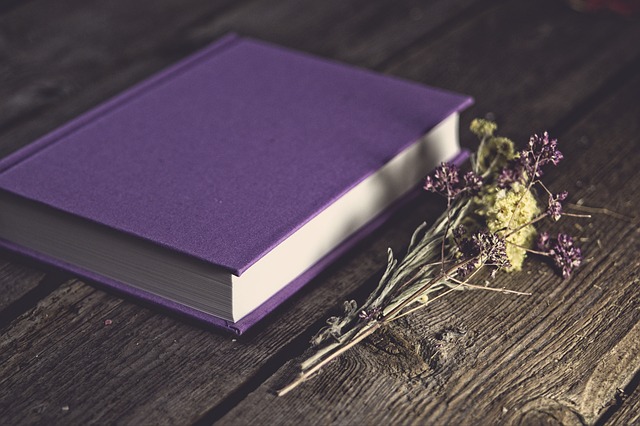
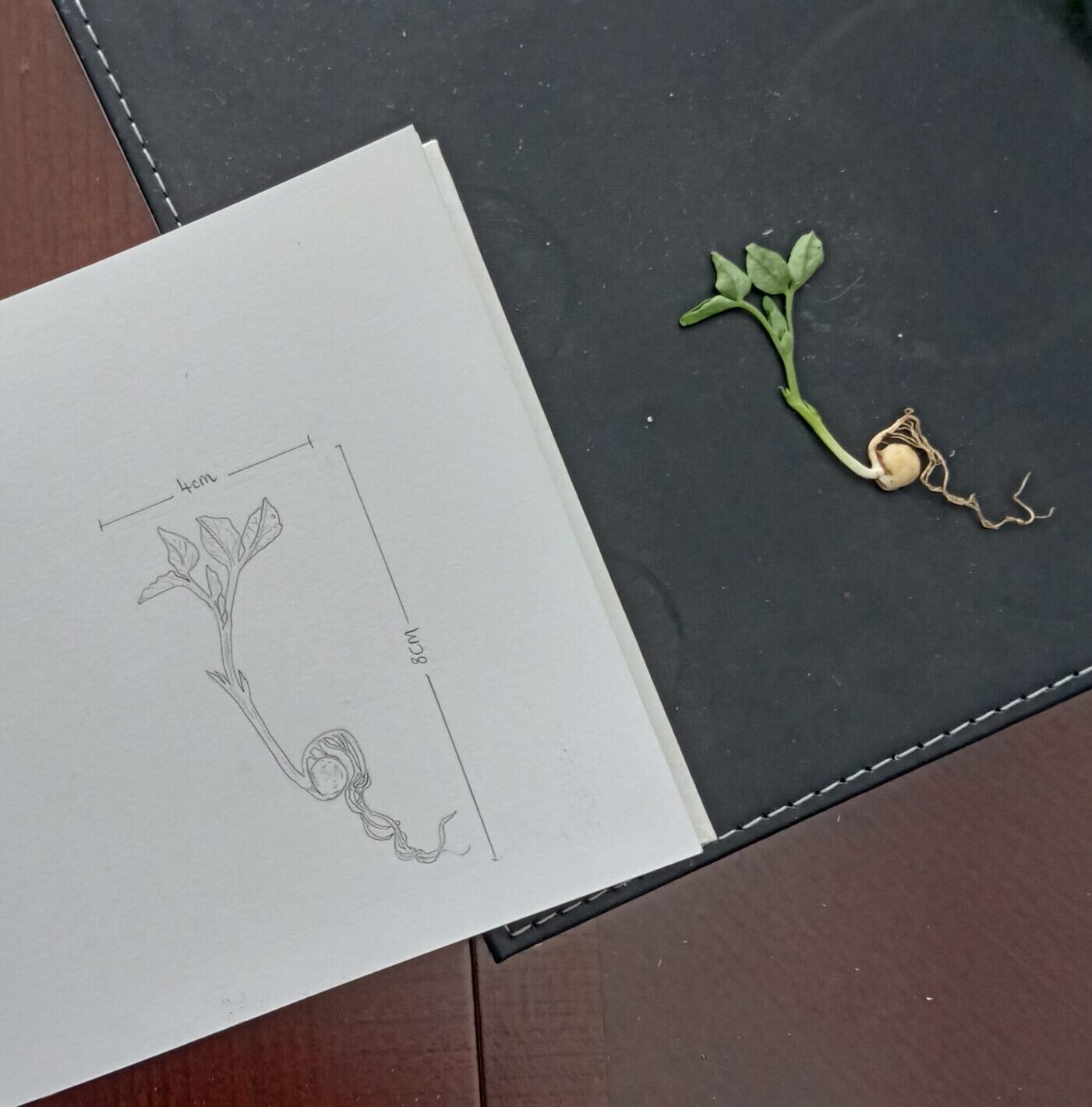
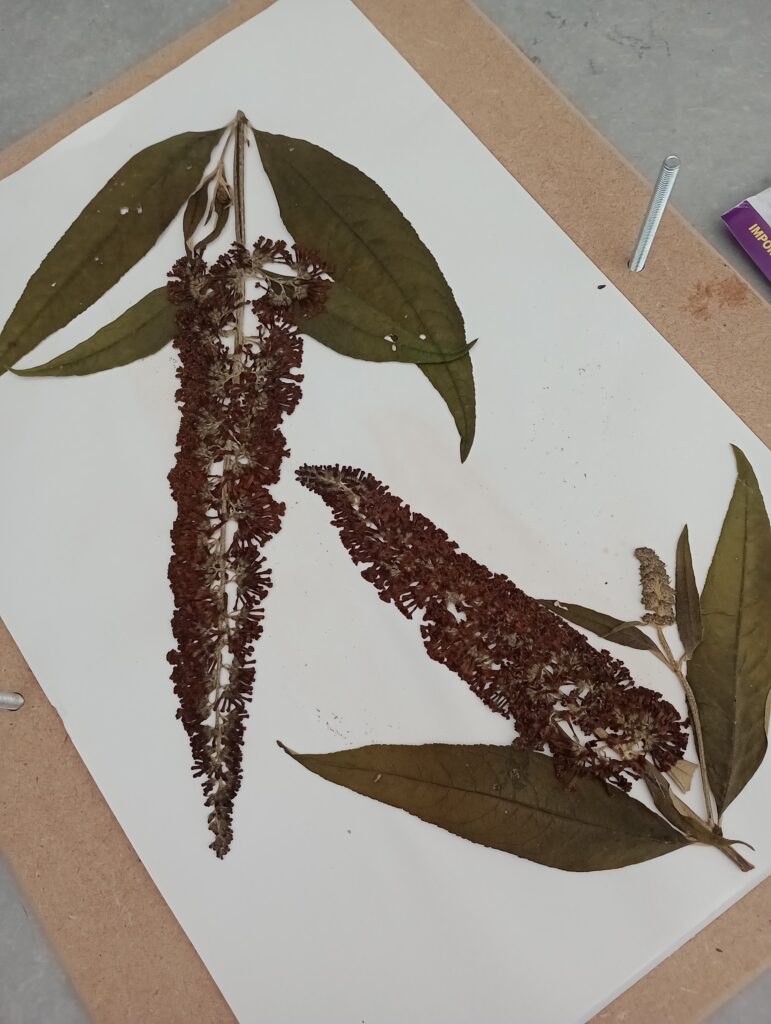
Some people prefer to fully study just two or three plants at a time in herbalism, where they will learn about the medicinal side of a plant, as well as its history and how to identify it. This can be done through keeping a herbology or materia medica.
I will be running a course on how to create and keep an herbology, where I will walk you through, how to create a beautiful book of plant collections, consisting of scientific illustrations, photographs and dried specimens. We will collect information and dwelve into the historical uses of a variety of herbs, learning their scientific, common and folk names and generate a good understanding of plant parts, the useful compounds and the best ways to utilize them.
I think you guys will love this in-depth practical course that you will be able to take from anywhere in the world, with the chance to connect to likeminded people. It will make a great starter project for learning herbalism, as well as a great stand alone course for anyone already studying or having previously studied herbalism, who is looking to build a beautiful collection of their favourite plants. If you would like to keep updated and find out as soon as the course is released, head on over to our homepage and sign up to our newsletter for updates its free.. For ease of access you can click here to go to our main page. The form is at the top of the page!!

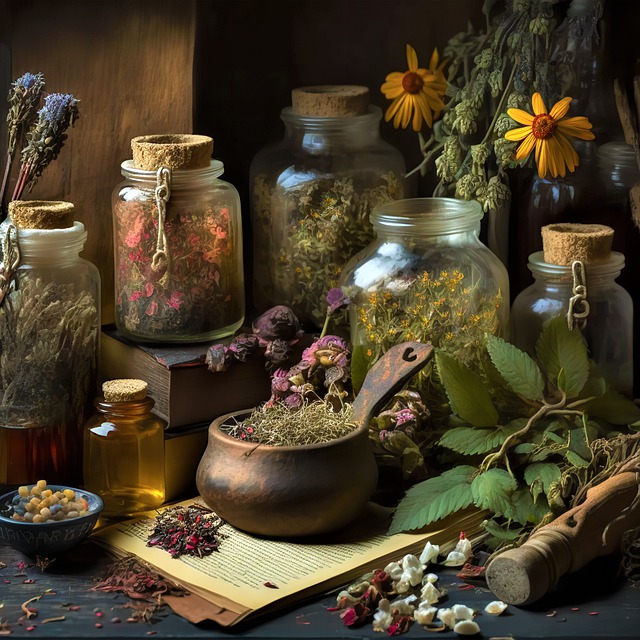
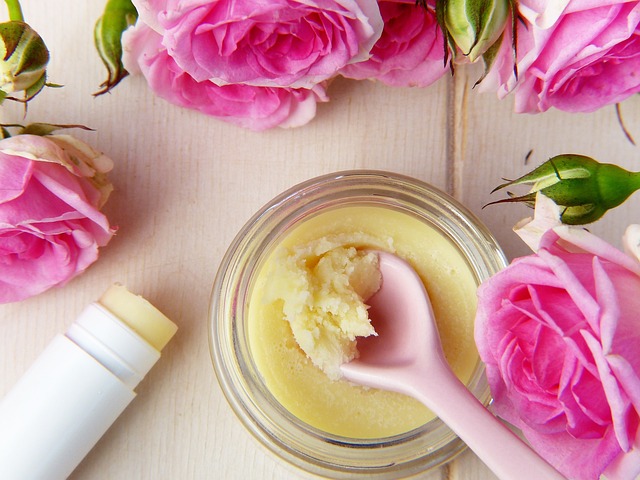
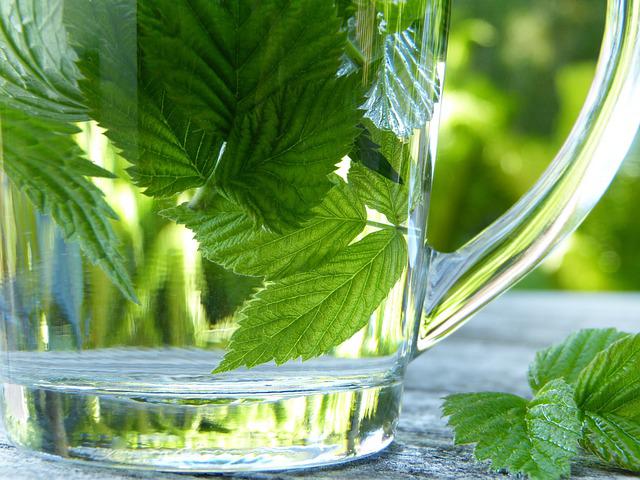

This is such an interesting article. Maybe one day it will be able to work side by side with modern medicine through doctors and hospitals
This was so, so, so interesting to read! I can’t tell you how fascinated I am by herbalism. I’ve recently become super interesting in teas and how they can benefit my wellness and daily life. Since I’ve been drinking them for different purposes, I’ve felt so much better. You’ve really sparked my curiosity!
Oh I love this, thank you Amanda. I am working on a Free Guide for my newsletter subscribers at the moment! 🙂
A very insightful article, I found it quite interesting. Even though I tend to trust herbal medicine more than modern one, there definitely are plenty of factors to be taken into consideration to use it safely. I sometimes wish I was a herbalist myself 🙂
Hi Aleksandra! Well pop back soon, because I will be writing a lot more on the subject! 🙂
Love this. Very interesting. Thanks for sharing this information.
I love how you speak to both ends of the spectrum, including the risks. This is super helpful!